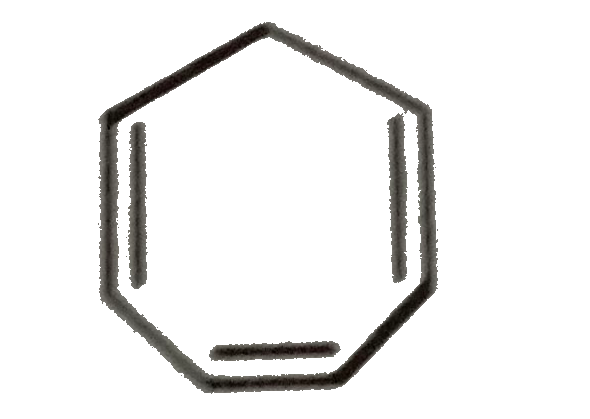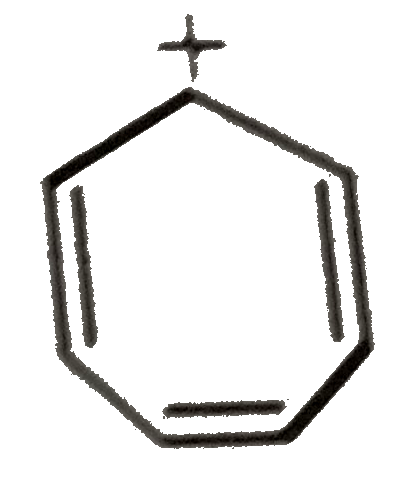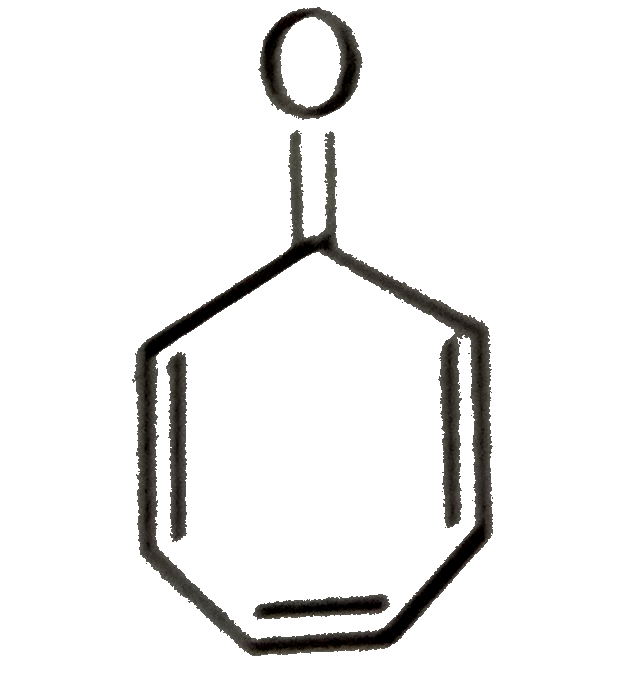Out of the following, amphiprotic species are :
H2O−2
HPO2−3
HCO−3
CH3CO−2
The correct Answer is:D
To determine which of the given species are amphiprotic, we need to understand the definition of amphiprotic species. An amphiprotic species is one that can both donate and accept a proton (H⁺).
Let's analyze the given options one by one:
1. H₂O (water):
- Water can act as an acid by donating a proton to form OH⁻ (hydroxide ion).
- Water can also act as a base by accepting a proton to form H₃O⁺ (hydronium ion).
- Therefore, H₂O is amphiprotic.
2. HPO₃²⁻ (hydrogen phosphite ion):
- HPO₃²⁻ can donate a proton to form PO₃³⁻ (phosphite ion).
- It can also accept a proton to form H₂PO₃⁻ (dihydrogen phosphite ion).
- Therefore, HPO₃²⁻ is amphiprotic.
3. HCO₃⁻ (bicarbonate ion):
- HCO₃⁻ can donate a proton to form CO₃²⁻ (carbonate ion).
- It can also accept a proton to form H₂CO₃ (carbonic acid).
- Therefore, HCO₃⁻ is amphiprotic.
4. CH₃COO⁻ (acetate ion):
- CH₃COO⁻ can accept a proton to form CH₃COOH (acetic acid).
- However, it cannot donate a proton because the remaining hydrogen atoms are not acidic.
- Therefore, CH₃COO⁻ is not amphiprotic.
Conclusion:
The amphiprotic species from the given options are:
- H₂O
- HPO₃²⁻
- HCO₃⁻
- Water can act as an acid by donating a proton to form OH⁻ (hydroxide ion).
- Water can also act as a base by accepting a proton to form H₃O⁺ (hydronium ion).
- Therefore, H₂O is amphiprotic.
- HPO₃²⁻ can donate a proton to form PO₃³⁻ (phosphite ion).
- It can also accept a proton to form H₂PO₃⁻ (dihydrogen phosphite ion).
- Therefore, HPO₃²⁻ is amphiprotic.
- HCO₃⁻ can donate a proton to form CO₃²⁻ (carbonate ion).
- It can also accept a proton to form H₂CO₃ (carbonic acid).
- Therefore, HCO₃⁻ is amphiprotic.
- CH₃COO⁻ can accept a proton to form CH₃COOH (acetic acid).
- However, it cannot donate a proton because the remaining hydrogen atoms are not acidic.
- Therefore, CH₃COO⁻ is not amphiprotic.
The amphiprotic species from the given options are:
- H₂O
- HPO₃²⁻
- HCO₃⁻
Similar Questions
Knowledge Check
- Question 1 - Select One
Which one of the following is amphiprotic in nature?
AF−BHPO2−4CPO2−4DCl− - Question 2 - Select One
Which one of the following is amphiprotic in nature?
AF−BHPO2−4CPO3−4DCl− - Question 3 - Select One
Which of the following is an aromatic species ?
A B
B C
C DNone of the above
DNone of the above

